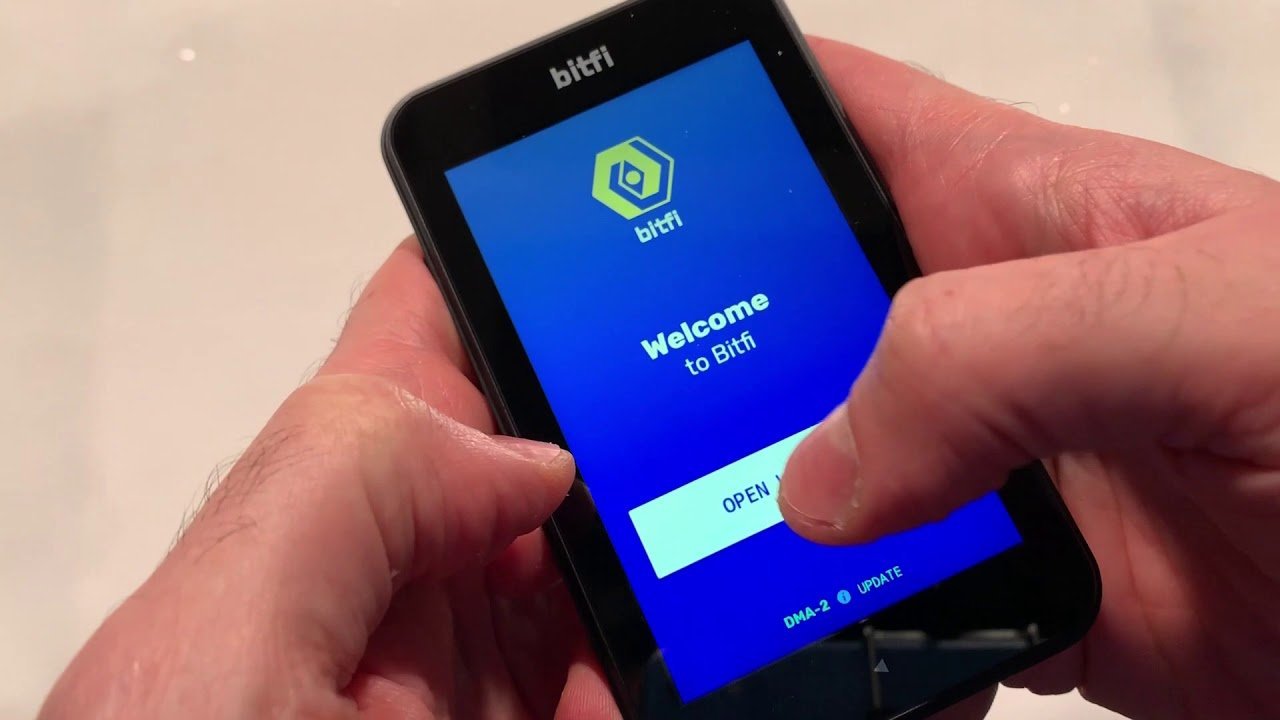This is a comparative article of two modern hardware wallets- Bitfi vs Ellipal.
Recall that, hardware wallets were formerly designed to keep your private keys offline in a secured device. Well, that’s not the case for these two.
Bitfi and Ellipal claim to have surpassed every other form of cold storage system by creating a unique technology that protects its devices from both remote and physical attacks. I have previously written a review of the two wallets separately where I revealed every detail about them.
In this post, I will give you a head-to-head comparison of both wallets and the company’s track record. Join me for an informative section.
Post Summary
I have written everything in the simplest way that anyone can understand. Here’s a list of what I’ll be covering today;
Bitfi in a Nutshell
The Bitfi Knox is a supposedly un-hackable Smartphone-like device that securely stores Cryptocurrencies. It was launched in June 2018 in North Carolina where the company is headquartered.
This device does not store your private keys. Instead, it calculates the private keys each time the user sends out funds and discards them afterwards.
Ellipal in a Nutshell
The Ellipal Titan is a completely air-gapped hardware wallet designed to isolate your private keys offline and transfer its data through QR codes.
Elliopal Limited, a company situated in Hong Kong, China, founded it in 2017.
Similar to the Bitfi Knox, it is shaped like a smartphone and appears quite bulky for a hardware wallet.
Read on, I have laid the wallets’ features side by side, find out which is better.
Compared Features-Bitfi vs Ellipal
We will compare the wallets based on the following:
- Price
- Supported Coins
- Security
- Firmware Update
- Size and Design
Price
Firstly, we compare both wallets’ costs since that’s mostly what every rational buyer considers.
The price of Bitfi is $199, which I consider too high for a new wallet entering a market already dominated by established top wallets.
On the other hand, the price of Ellipal Titan is $169. The Ellipal wins in this category, especially if you are on a tight budget. One very important question to ask is this “Is the wallet’s price worth its features? “
Coin Support
Bitfi claims to have an unlimited number of coins supported including all the ERC20 tokens. This isn’t entirely accurate, as I found that only 11 digital assets are supported, including all ERC20 tokens.
They include;
- Bitcoin (BTC)
- Ethereum (ETH)
- Litecoin (LTC)
- Dash (DASH)
- Ripple (XRP)
- Apollo (APL)
- Digibyte (DGB)
- Dogecoin (DOGE)
- Monero (XMR)
- Neo (NEO)
- Groestlcoin (GRS)
On the other hand, the Ellipal supports up to 32 digital assets and all ERC20 tokens. (As at the time of writing this article). Some of the coins supported are;
- Bitcoin (BTC)
- Ethereum (ETH)
- Litecoin (LTC)
- Ripple (XRP)
- Groestlcoin (GRS)
- Digibyte (DGB)
- Dogecoin (DOGE)…etc
Monero is not on the list.
Hence the Ellipal has more coin support than the Bitfi Knox.
Security
Bitfi security protocol relies on the fact that the private keys are not directly stored on the device itself but calculated it at the point of transaction. It is also an open-source device.
The Ellipal Titan disconnects from every remote network and relies on transferring data via QR codes as its main security protocol. It’s a closed source device which makes it difficult for users to understand its workings.
Both wallets provide top-notch security for cryptocurrencies, but many users have shown some dissatisfaction with Ellipal’s closed-source device.
Firmware Update
Bitfi firmware update is quite simple and does not require any manual installation. For instance, new coins supported are added up automatically to the device via its WiFi connection.
The Ellipal Titan updates offline through an SD card. This is a way to ensure that no remote hacker can find a way through its workings.
Size and Design
Both devices are designed to look exactly like a regular smartphone. They equally have a great work interface that’s very user-friendly.
Although the Ellipal seems a little bigger, I think the wallets have a similar design.

Bitfi Knox:
Ellipal Titan:

Learn How To Trade
If you want to learn how to trade cryptocurrencies profitably, sign up for free on Afibie.
You can join our Telegram channel, where we hold live sessions and give trade signals.
Conclusion- Bitfi vs Ellipal
That’s it in today’s comparative article. These two wallets are quite reliable; it all depends on you the user to know the one that suits you best.
The Ellipal is cheaper as the price is what comes first to every rational buyer’s mind. It also supports more coins at the moment.
You will need to use one to have a feel for yourself.
Now tell me…
What wallets do you have a thing for after reading this article?
Do you have experience with any of the wallets?
Leave your replies down in the comments section, also come along with any questions you might have about this post or related matters.
If you enjoyed reading this, kindly help us to share it by hitting on any of the social media icons below. We’d be making more posts like this.
Cheers!





0 Comments